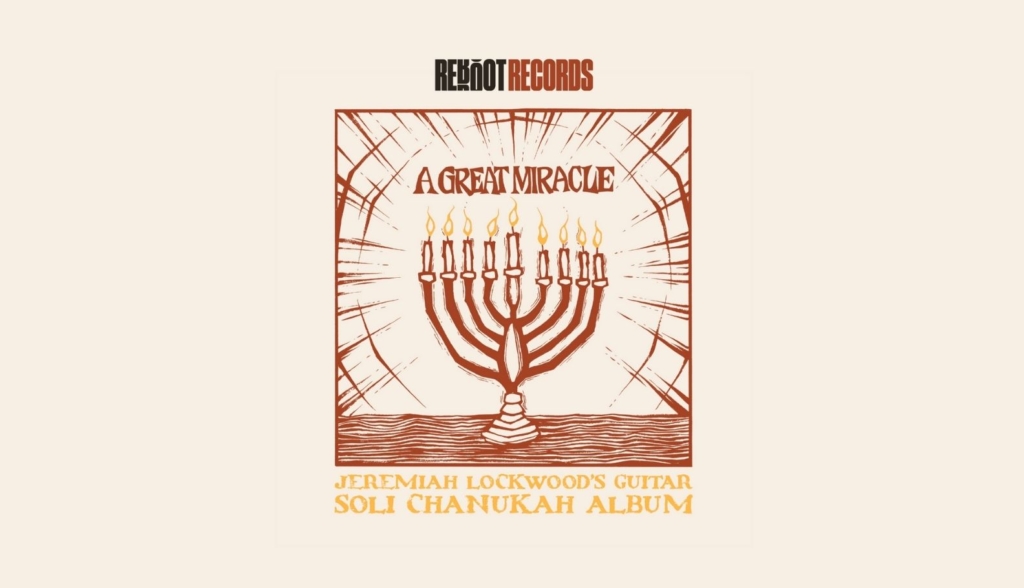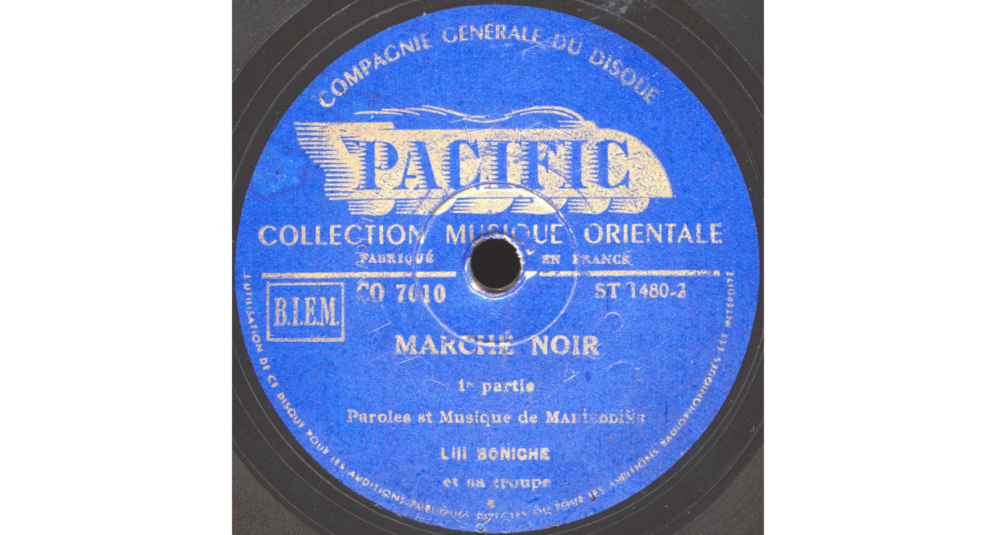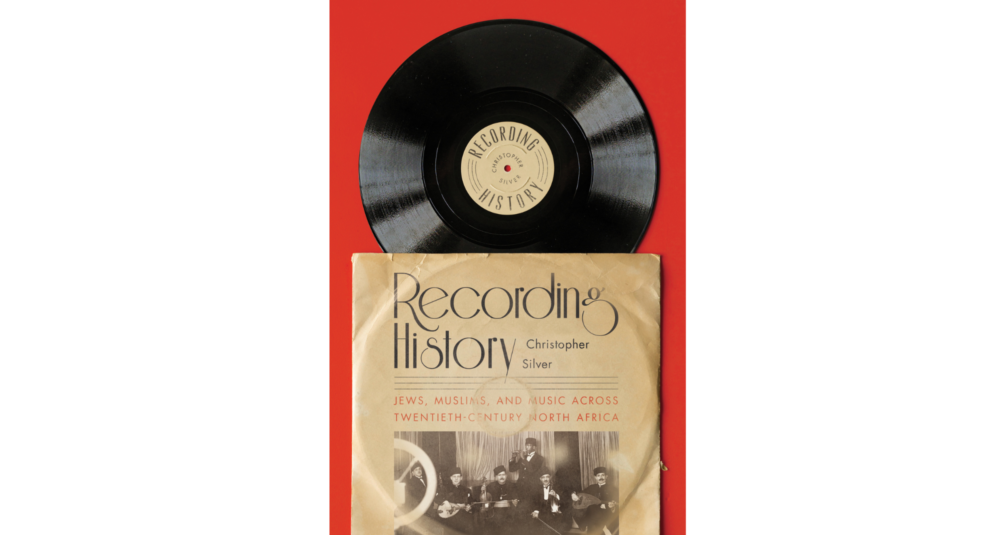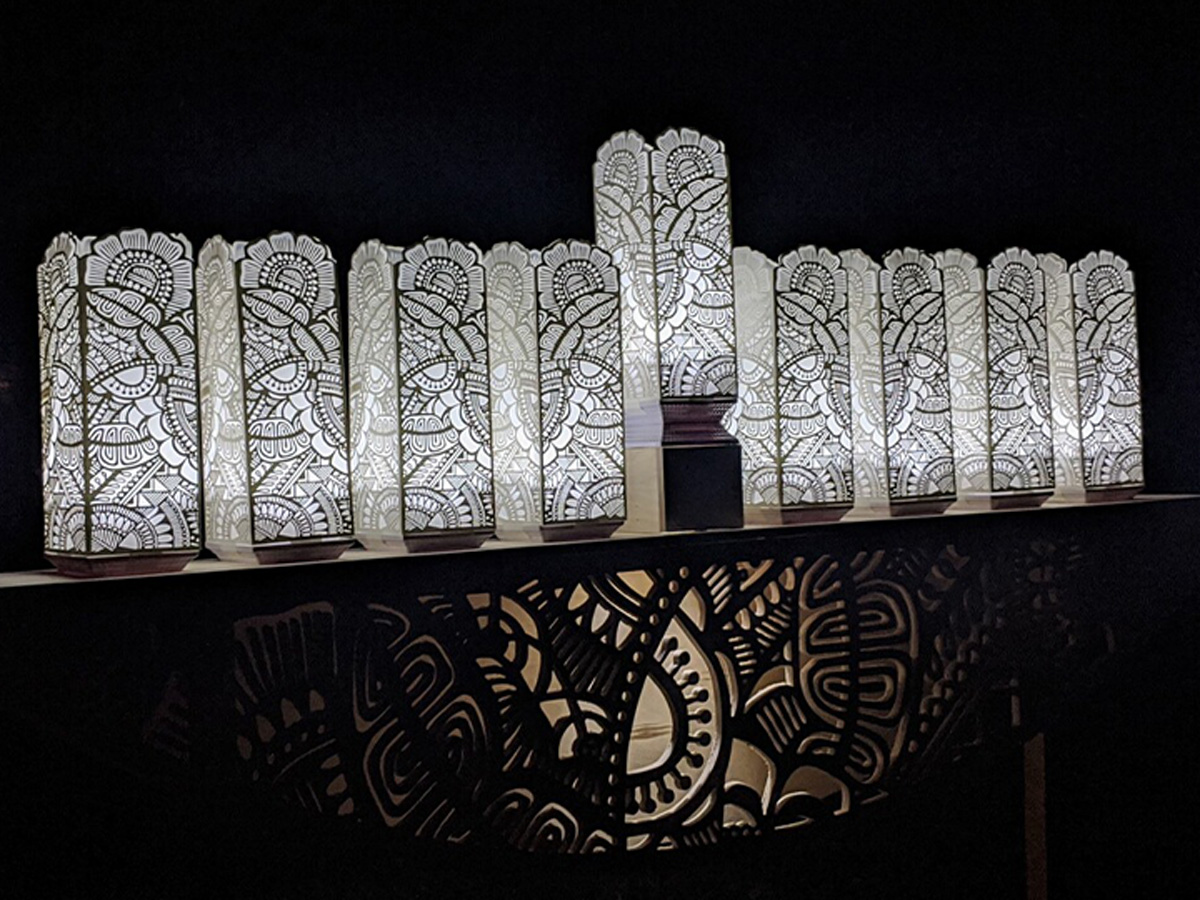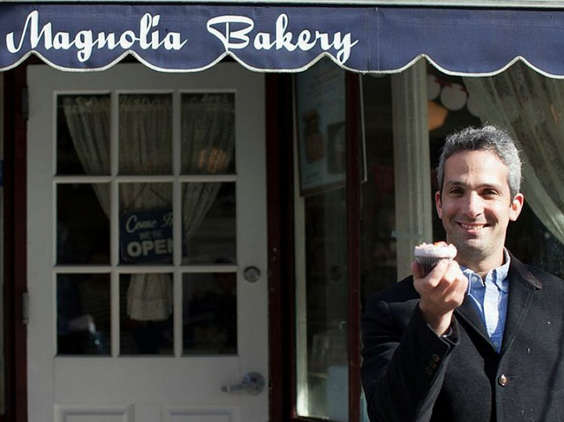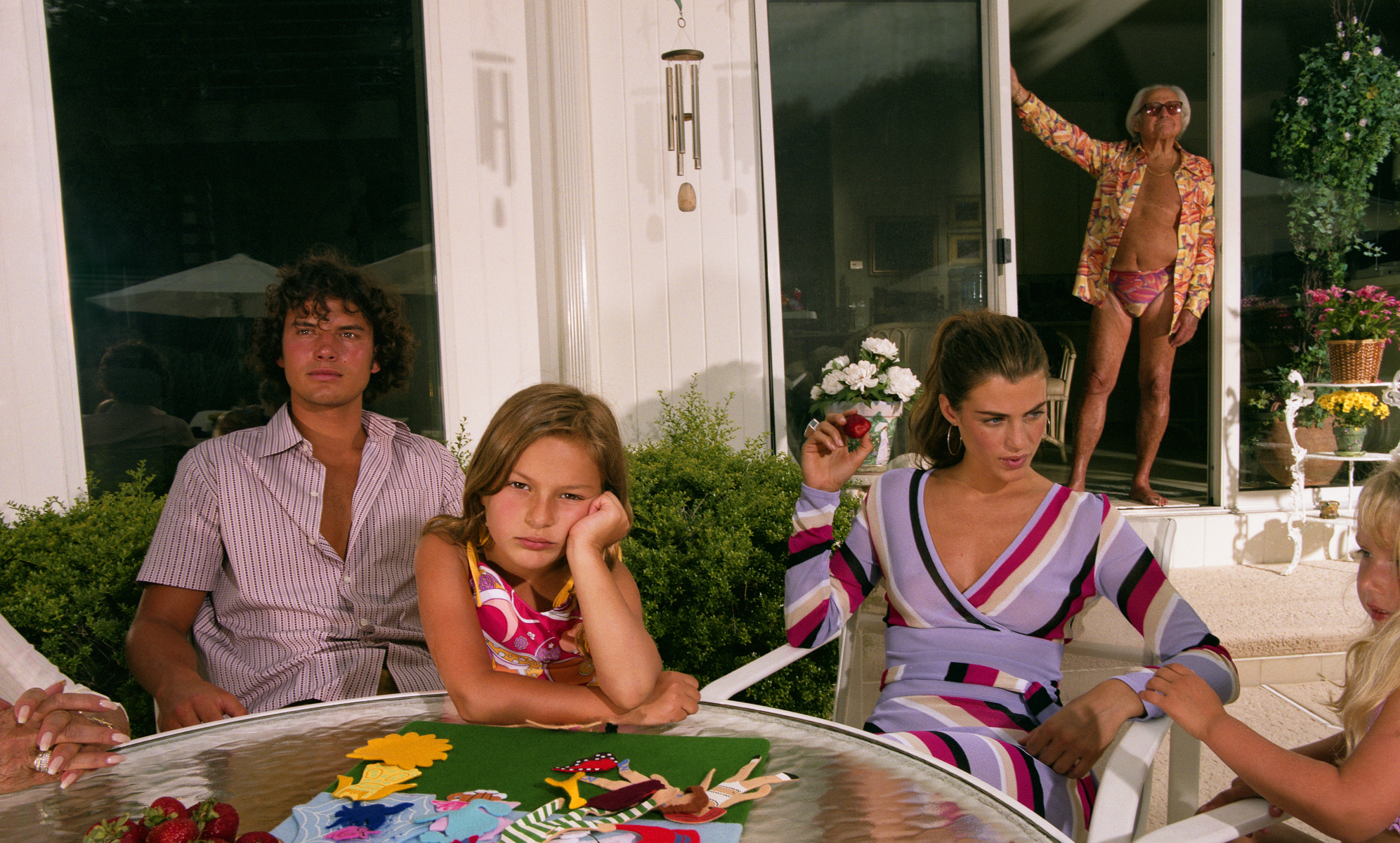A Forgotten Song Surfaces about World War II in North Africa
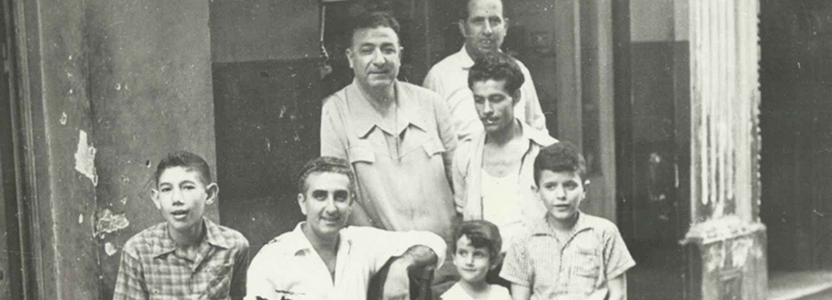
As far as historians go, I look at the past in a very particular way: I listen for its sounds. And as a collector of music, I have long believed that every song tells a story. Such is certainly the case with this phonograph record by the Algerian Jewish recording artist Lili Boniche – drawn from my personal collection – which reminds that the history of World War II encompassed a far wider geography than is often remembered.
Eighty years ago this month, in the midst of World War II, over one hundred thousand American and British troops splashed down on the beaches of Morocco and Algeria to launch Operation Torch. It was a stunning success. Within a few short days, the largest amphibian landing in human history led to the surrender of the authoritarian, accommodationist, and antisemitic Vichy regime in North Africa. It also laid the groundwork for the Allied invasion of Europe. But there were dire consequences, too. In the ensuing power vacuum, Nazi Germany began a six-month occupation of Tunisia.
The roughly half a million Jews of North Africa who found themselves under fascist rule during the Second World War were subject to a number of mechanisms intended to silence and subjugate. Perhaps that is why their story has taken so long to surface. As with their coreligionists in Europe, Moroccan, Algerian, and Tunisian Jews were confronted with antisemitic legislation, quotas, Aryanization, ghettoization, and the specter of a sprawling camp system. To reconstruct this forgotten wartime history, historians have been laboring with great clarity of purpose for more than a decade to produce accounts both new and definitive.
But for me the question still remains: what does music remember that history might not? In other words, whose voices could be raised during the war? And how might we attend for the silences? For the many Jewish musicians of North Africa, who since the rise of the recording industry at the turn of the twentieth century had played an outsized role in crafting the region’s popular sounds, that silencing took on a quite literal form. Pushed off of radio and off the stage, some of the most important cultural figures of their time could no longer be heard at a particularly dire moment in history. Such was the case with the Algerian Jewish recording artist Lili Boniche, whose rising star was forced into retreat as World War II reached his side of the Mediterranean with the fall of France in summer 1940.
Born in 1922 to a family of humble origins in the Casbah of Algiers, the young Boniche learned music from his father and from his milieu. As a teenager, he apprenticed with some of the other legendary Arabophone Jewish musicians of the years between the two World Wars. By the end of the 1930s, he was welcomed into the pantheon of virtuosos that was El Moutribia, Algeria’s premier orchestra, where he was quickly promoted as their “new star”- including at the troupe’s annual Ramadan spectacles. Just before the outbreak of war, he became a staple of Radio Alger’s “Arab broadcast,” sharing its sound stage alongside Muslim performers emerging and established. But with the installation of the French State’s Marshal Philippe Pétain and the promulgation of anti-Jewish legislation in metropolitan France and in North Africa, Boniche was prohibited from public performance. He was also removed from the French citizenship that he and the vast majority of Algerian Jews had held since the Crémieux Decree of 1870.
But with Operation Torch, Boniche made sure his voice was heard once again. He intimates that he may have even participated directly in the resistance that allowed for the Allied landing in the first place. As soon as was possible, he resumed touring. He also headed to the recording studio. Among his initial postwar releases was “Marché Noir” (Black Market), a song that spoke directly to the experiences of Jews and Muslims in wartime North Africa. Released in 1947, it is now being made available here for the first time in more than seventy years.
As you will hear, piano and violin set the mood as Boniche arrives at his prolonged lament.
The twenty-five year old, quieted under Vichy, was invoking the prewar moment at full volume. For much of the rest of the six minute dirge, split on two sides of a 78 rpm record, he narrates the deprivations of the Vichy years, of survival despite all odds, of food rations, and of the emergence of a notorious and devastating black market.
With Operation Torch, the tide had turned. With this record, Boniche made clear that this history needed to be passed on to subsequent generations.
Despite the real-time testimony of Boniche and others, the silence surrounding World War II and North Africa has endured for decades. To begin to remedy that, we need to listen for and amplify a range of voices, including those etched between the aging grooves of records. Music indeed remembers what history so often forgets.
Christopher Silver is the Segal Family Assistant Professor in Jewish History and Culture in the Department of Jewish Studies at McGill University. He is also the founder and curator of the website Gharamophone.com, a digital archive of North African records from the first half of the twentieth century. His first book Recording History: Jews, Muslims, and Music Across Twentieth Century North Africa was published in June 2022 with Stanford University Press.

